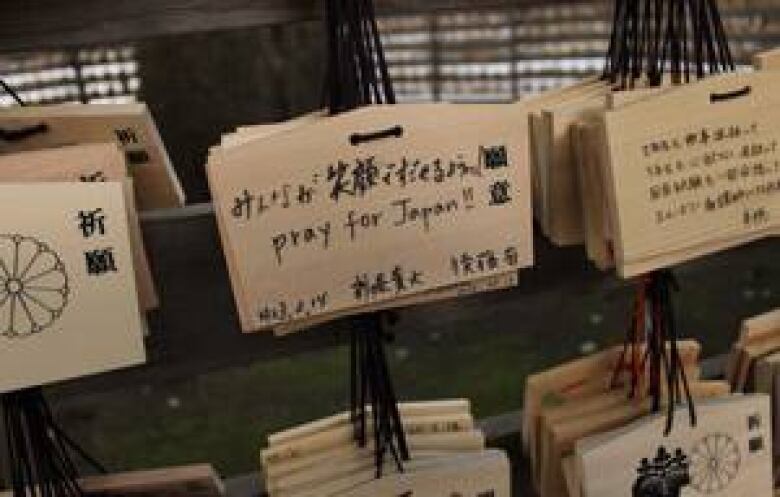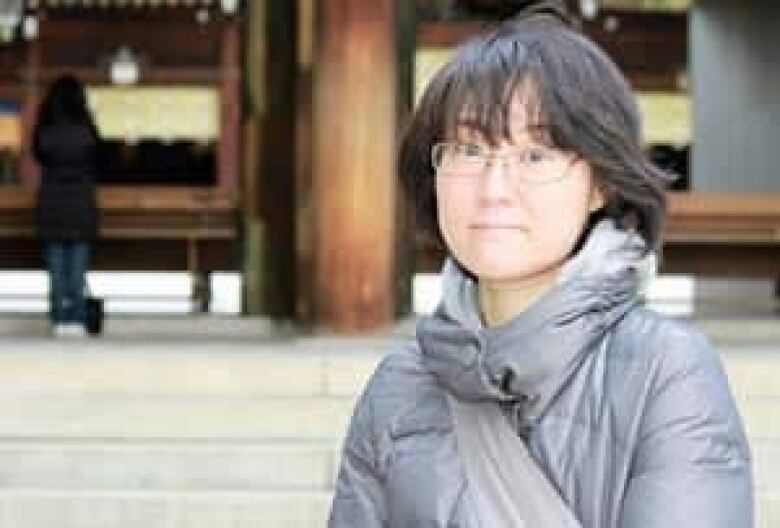REPORT FROM JAPAN: Thoughts and prayers
Usually-crowded shrines and temples see sparse but devoted visitors during the crisis
The Tajimas visit Senso-ji, Tokyo's most famous Buddhist temple, as often as they can. But this visit is different.
"Usually we just pray for our family's health, but today we prayed for all of Japan," said Aiko Tajima. Aiko, 64, and her husband, Mitsutada, 59, traveled from Sapporo on a trip planned before the March 11 earthquake hit Tohoku region.
Asked what they prayed for at the temple in Tokyo's northeast, Aiko said, "For everything to get back to normal quickly."
[IMAGEGALLERY galleryid=197 size=small]
Mitsutada worried more about the unraveling nuclear situation in his prayers. He wished "that the worst case scenario doesn't come true."
The Tajimas were among the few who visited the usually-crowded tourist destination Thursday. Many people in Tokyo stayed indoors due to fears about inhaling radioactive materials in the wake of the increasingly worrisome nuclear crisis.
But for one woman at Meiji-jingu, a well-known Shinto shrine in central Tokyo, it was fears of another kind that drove her to visit that forest-nestled shrine near the busy Harajuku shopping area. "I didn't want to be at home because of the aftershocks," said a young woman who asked not to be named.

She took a few moments in solitude, and prayed for Japan's return to calm.
The Japanese dont practise religion in the same way as Western faiths. Shinto and Buddhist customs and philosophies are both deeply woven into daily culture. Many people observe components of both faiths: While funerals typically use Buddhist rituals, for example, weddings integrate Shinto ones.
Another Meiji shrine visitor, Asako Okada, noted that Japanese people aren't known for visiting temples and shrines during times of disaster because they believe that the gods are everywhere, even residing in nature. Many homes have a kamidana, or household Shinto altar where they can pray.

Some people here think spirituality and religion will become more important in the months ahead, as it did after the Second World War.Stability and tradition are seenhere as necessary cornerstones to rebuilding after a tragedy.
Jun Otsuki, 43, is a recording director in Tokyo. He admits that he has a stronger Shinto faith than most Japanese. What triggered his visit to the Meiji shrine on Thursday was Emperor Akihito'sspeech the day before, when the monarch stunned his country by broadcasting a rare address to the nation.
If the revered Emperor wasinspired tocall for calm, said Otsuki, "I thought I should also pray."












_(720p).jpg)


 OFFICIAL HD MUSIC VIDEO.jpg)
.jpg)



























































































